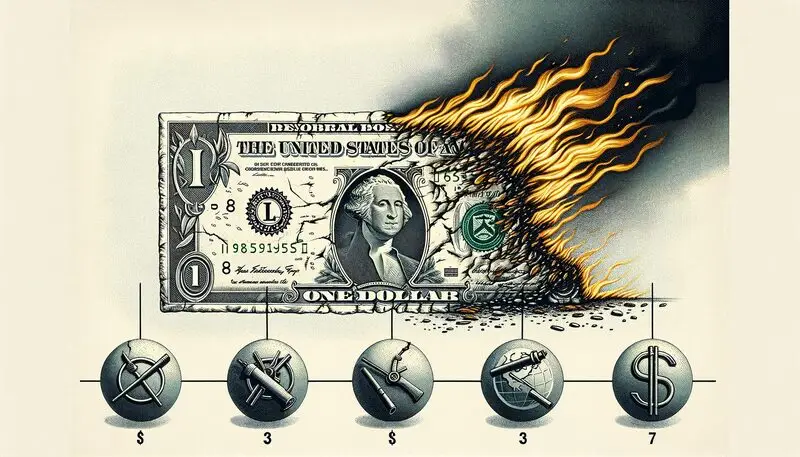De-dollarization efforts are, at the time of writing, gaining quite a bit of momentum across the globe as various nations actively seek out alternatives to the US dollar for international trade. Countries like China, Russia, India, and also several others have, right now, established some agreements to conduct commerce using their local currencies, gold-backed cryptocurrency, and other methods to basically bypass US dollar dominance in the global financial system.
Also Read: Morgan Stanley and Charles Schwab Dive Into Crypto While Bitcoin Hits 97K
How Nations Use Yuan, Rubles, and Crypto to Bypass the Dollar
1. China-Brazil Currency Agreement

The de-dollarization partnership between China and Brazil allows for trade in yuan and real instead of US dollars. This agreement, which was finalized in March 2023, has strengthened economic cooperation and reduced dollar dependency for these two major economies.
2. Argentina’s Yuan Payment System

Argentina has, for various reasons, implemented yuan payments for Chinese imports to preserve its dwindling dollar reserves. This de-dollarization strategy helps maintain essential trade while protecting foreign exchange holdings during economic challenges.
3. India-Russia Rupee-Ruble Mechanism
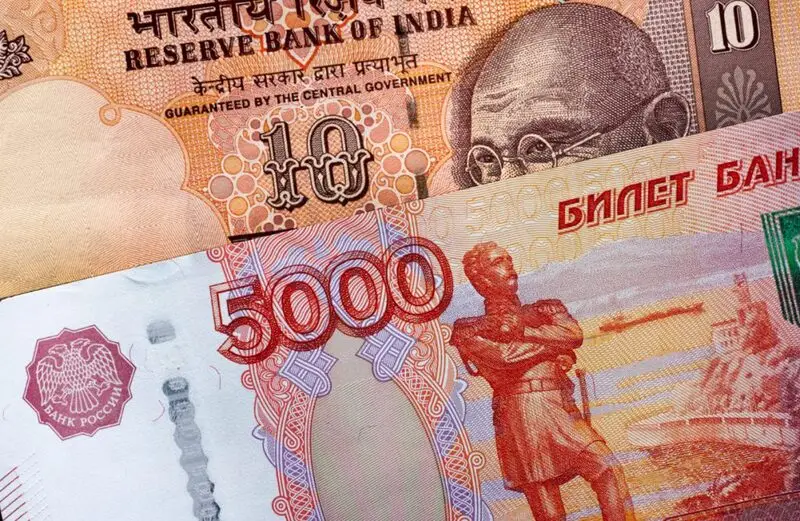
The rupee-ruble trade arrangement essentially allows India and Russia to bypass US dollar transactions entirely. This de-dollarization effort has proven quite crucial following Western sanctions against Russia.
Also Read: Top 3 Cryptocurrencies That May Rally This Weekend
4. Pakistan-China Oil Transactions
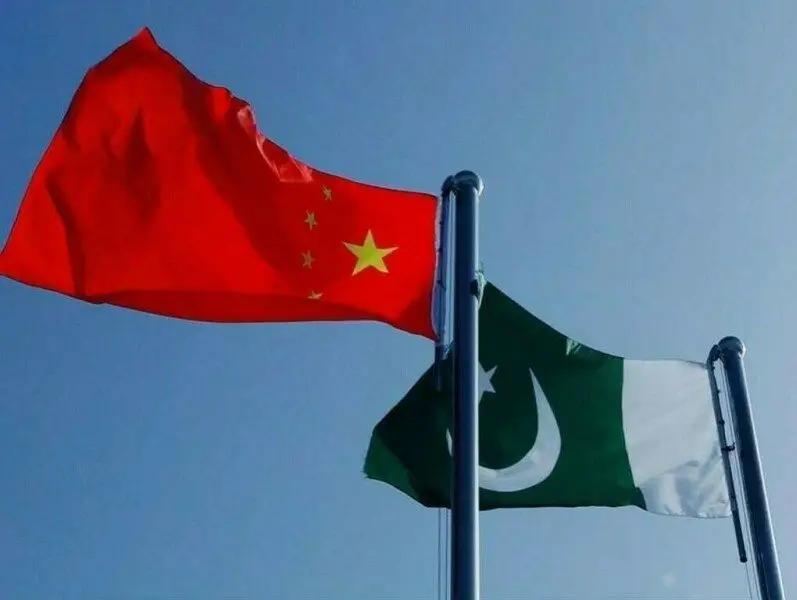
Pakistan announced plans to use yuan for Russian oil imports, creating a sort of three-way de-dollarization pathway outside traditional dollar systems. This approach helps address Pakistan’s balance of payment issues.
5. India-UAE Rupee Trading Initiative
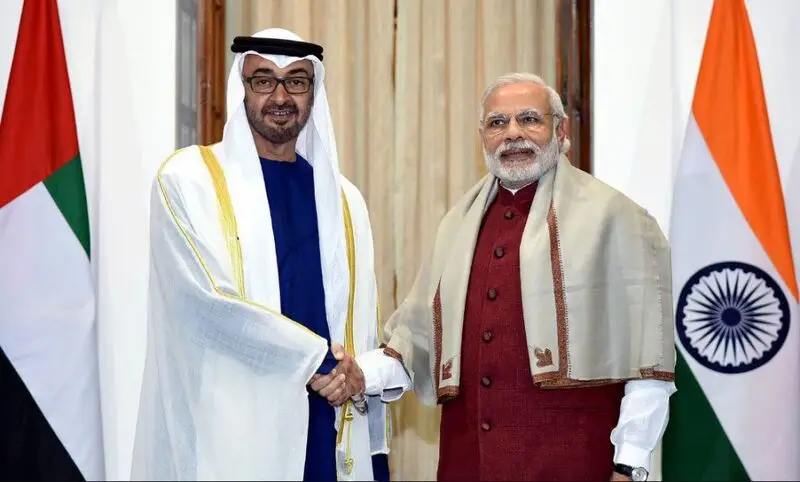
India and the UAE are, at this point in time, discussing rupee-based non-oil commodity trading which represents a significant de-dollarization effort in the Middle East-South Asia corridor. This would cover textiles, pharmaceuticals, agricultural products, and other goods.
6. Iran-Russia Gold Cryptocurrency Development
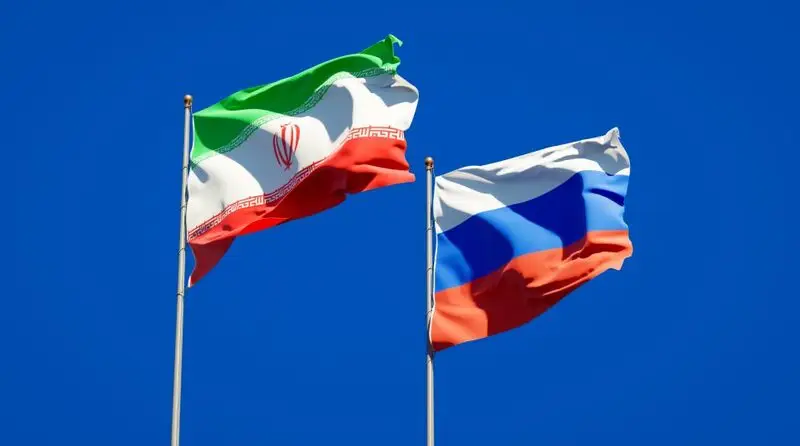
Iran and Russia are exploring, right now, a gold-backed cryptocurrency to facilitate de-dollarization of bilateral trade. This combines traditional value stores with modern technology to create a sanctions-resistant payment system.
7. Southeast Asian Coordinated Efforts
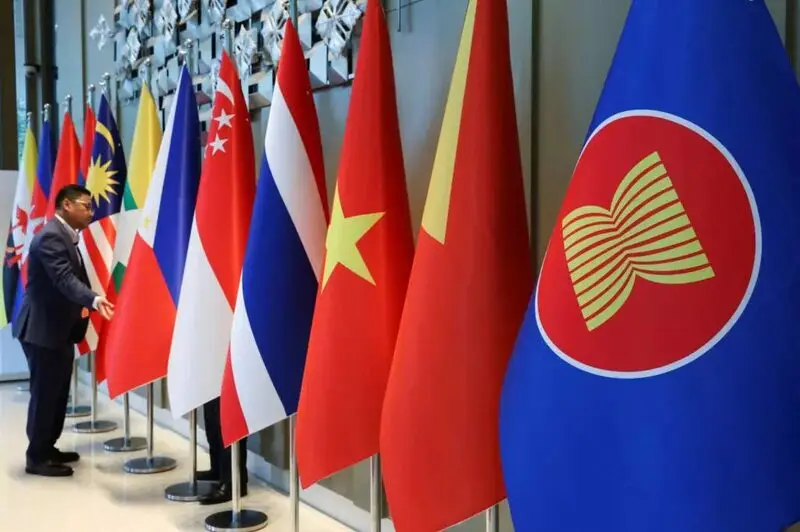
The countries of Singapore along with Malaysia and Indonesia together with Thailand support de-dollarization efforts through frameworks established by ASEAN. The joint initiatives between these economies work to lower their exposure to U.S. economic policies along with dollar price uncertainties.
Also Read: Ripple Prediction: XRP Price For May 5, 2025 After 1000% Liquidation
Various developments in de-dollarization demonstrate substantial global financial changes since nations pursue financial independence from the dollar and protect their economic sovereignty through currency agreements like yuan trade deals and rupee-ruble agreements and gold-backed cryptocurrency exploration.
